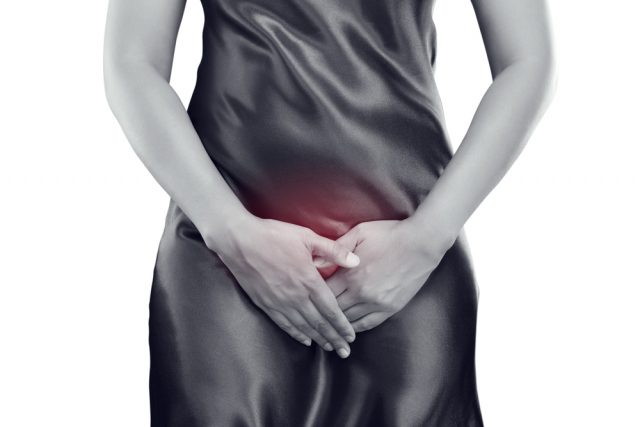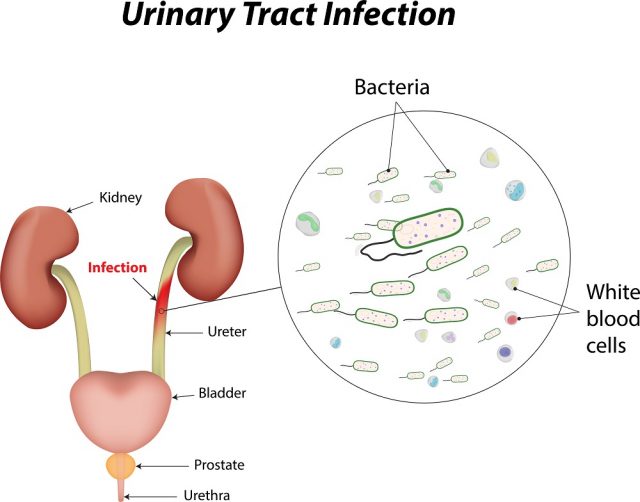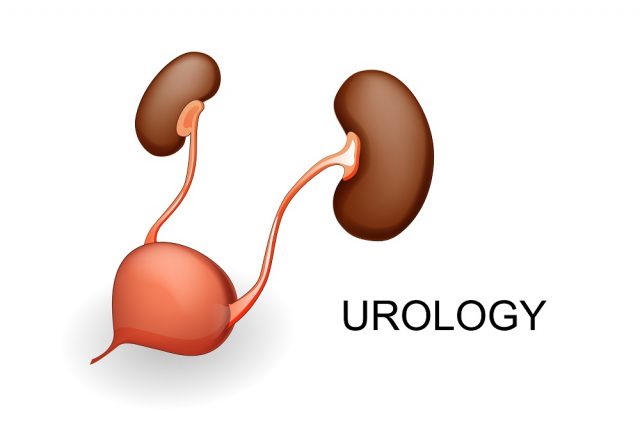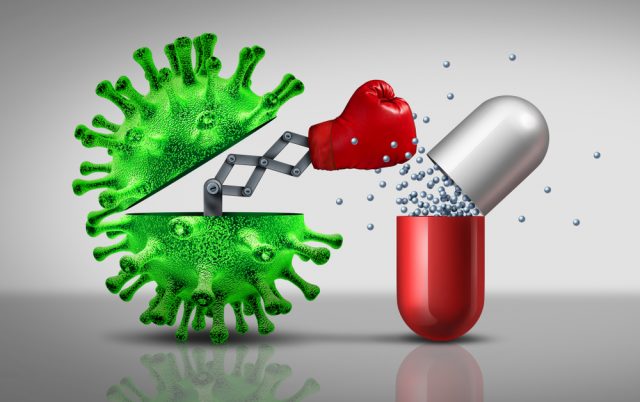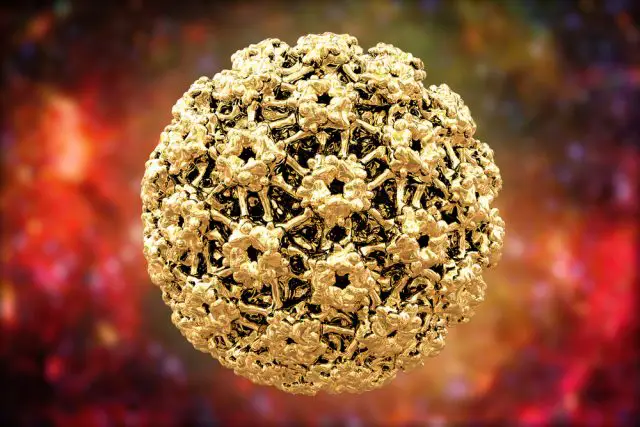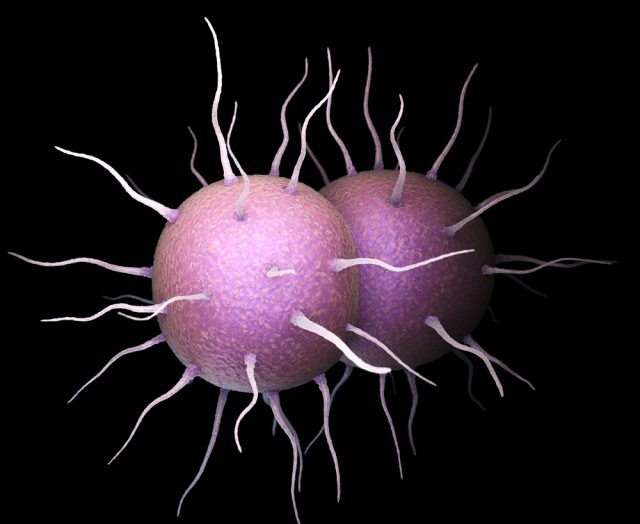Urinary Tract Infection (UTI) vs STD
You are living an extraordinary life, playing several roles every day to showcase your versatility. Your amazing skills are creating the perfect balance between family life, office workloads and of course with the friends. There is no point of feeling down in life but in this hyperactive lifestyle, and jam-packed schedule, most people forget to understand few ordinary changes in the body. Well! If it is happening with too, it is time to accept things that are going out of control in your body. Because if you ignore them, they may play a terrible role in your life ahead.
Probably you don’t have time to think about UTI and STD, but the sad truth is that diseases never ask their target for acceptance. They just start raiding your happy life, and most importantly, they take advantage of your lack of knowledge and unawareness. With your over-busy life routines, it is important to spare some time to check your body if it is feeling well by all means or not. Staying in touch with medical health professionals is the best advice to live a quality life.
Most people don’t even know the difference between UTI and STD, so they are not able to recognize the symptoms in their body; hence, they fail to receive right treatment on time. If you want to live a legendary life without letting your body feel down; it is important to go through the information below. This article will help you to improve your knowledge about UTI and STD along with the difference between both these sexual health problems so that you can switch to trouble-free routines.
Everything you need to know about UTI
What is UTI
UTI stands for Urinary Tract Infection and this infection is derived from microbes. Note that these organisms are tiny enough that they cannot be even seen with a microscope. Most of the Urinary Tract Infections are caused by an attack of bacteria; however, few cases are reported due to fungi and very less due to viruses.
UTI can affect any part of your urinary tract that includes urethra, bladder, ureters, and kidneys but most of these have major impact lower tract of bladder and urethra. Studies reveal that almost 50% of women are susceptible to risks of UTI at least once in their lifetime. However, the great news is that this disease can be recovered within 2 to 3 days by following appropriate treatment.
Symptoms of UTI
As already discussed, UTI affects parts of the urinary tract. In case if you are suffering from lower tract UTI, the symptoms may include burning sensation at the time of urination, bloody or cloudy urine, increased frequency for urge of urination but not passing it every time, urine having colors like tea or cola, strong odor, rectal pain in men and pelvic pain in women. Note that lower tract UTI affects bladder and urethra whereas the upper tract UTI cause problem to kidneys.
The second type (upper tract UTI) is more dangerous as it may cause transfer of bacteria from the kidney to blood. This health condition is named as urosepsis, and it can further lead to shock, low blood pressure and even death. The symptoms of upper tract UTI includes vomiting, nausea, fever, chills, and pain in the upper back.
Causes of UTI
Anything that interferes with the emptying process of your bladder or cause irritation in the urinary tract can cause UTI. However, few other factors can also cause this disease; the list includes age as older people are more susceptible to UTI, kidney stones, reduced mobility due to prolonged bed rest or surgery, previous UTI, blockage in urinary tract due to enlarged prostate or due to certain forms of cancer, long-term usage of urinary catheters, diabetes, pregnancy, week immune system and abnormal development of urinary structure. One of the biggest cause of UTI is poor bathroom hygiene.
Risk Factors associated with UTI
The symptoms of UTI are almost similar in men and women; however, experts have identified few additional troubles in case of women. Studies show that pregnant ladies are more susceptible to UTI as compared to other ladies and it can further impact the health of infants as well. Men may suffer UTI due to enlargement of prostate whereas women face many other risk factors as well.
-
Shorter urethra:
The location and length of the urethra in females is the major cause of the occurrence of UTI. Note that in women, urethra lies much closer to the anus and vagina so the bacteria that usually impact these two parts of the urinary tract may also lead the infection to urethra as well and it may further damage other parts of the urinary tract as well. As, urethra in women is shorter as compared to men; bacteria need to travel very short distance to enter the bladder.
-
Sexual intercourse:
The pressure exerted on female urinary tract at the time of sexual intercourse may allow bacteria to move from anus to bladder. Many cases of UTI are reported due to this reason, but the great news is that in most cases, the human body is capable enough to get rid of these bacteria within 24 hours. Some bowel bacteria may assist them to cause sickness in the bladder.
-
Spermicides:
Here is another potential risk factor for UTI. Spermicides can also cause other symptoms like skin irritation in women, and it also increases the chances of bacteria moving into the bladder.
-
Use of a condom during sex:
Reports reveal that the non-lubricated type latex condoms increase irritation and friction on the skin of women at the time of sexual intercourse. It plays a major role in the development of UTI. Note that condoms are essential to reduce the chances of sexually transmitted diseases (STDs), but in order to avoid UTI, it is good to look for some water-based lubricants to ease the sexual intercourse.
-
Decay in estrogen levels:
Right after menopause, estrogen levels start decaying in the human body, so it causes some variation in bacteria present in the vagina. It can be a risk factor for the development of UTI. In some cases, UTI is also reported due to pressure exerted on urethra due to diaphragms.
Prevention of UTI
Medical health experts advise several essential tips for prevention of UTI and all the discomfort related to this disease. Some of these tips are listed as below:
- Consume more liquid/water so that you can urinate frequently.
- Avoid harmful fluids like caffeine and alcohol that cause irritation to the bladder.
- Urinate and clean after having sex.
- Make a habit of wiping from front to back after a bowel movement and urinating.
- It is good to keep your genital area clean.
- Showers are a better choice to take a bath.
- Do not use spermicides or diaphragms to control birth.
- Never ever apply perfumes at genital area.
- Prefer to wear underwear made up of pure cotton material.
- Keep urethra dry.
Treatment of UTI
As UTI is mostly caused by bacteria, it is possible to treat this infection with the help of antimicrobials and antibiotics. However, the type of medication, as well as length of treatment, completely depend upon symptoms of an individual. Prefer to follow guidelines of your health professional and take sufficient fluids. Cranberries are recommended as a most suitable home-based remedy for the treatment of UTI.
Everything you need to know about STD
What is STD:
STD stands for Sexually Transmitted Disease, and another name for this disease is Sexually Transmitted Infections (STI). As the name indicates, STD can travel from one sexual partner to another and may have variable symptoms in individuals. These infections may pass through sexual contact via the bloodstream, vagina or other body fluids including semen. In some cases, STDs can also get transferred to another body via shared needles, or when the blood of an infected person is transferred to the blood of an uninfected person. In case if the pregnant women are affected by STD, the symptoms may also pass to her foetus.
General symptoms of STD
Patients affected with STD or STI may observe a wide range of symptoms depending upon the type of infection or virus he is suffering from. However, there are few general symptoms that cannot be left unnoticed so long. The list includes:
- Yellowness in jaundice or skin.
- Unnecessary weight loss, loose stool, and night sweats.
- Unusual bleeding from the vagina.
- Swollen groin or lymph nodes.
- Rashes on feet and hand.
- Odd odor from vaginal discharge.
- Lower abdomen pain.
- Penis discharge.
- Pain during sex.
- Sores and bumps in genitals and rectal area.
- Burning sensation during urination.
Causes of STD
One of the biggest cause of increasing cases of STD or STI is unsafe sexual relationships between partners. A person having STD can spread the disease to his/her partner if they do not use condoms during sex or follow unsafe procedures. People who have sexual relations with more than one partner have higher risks of developing STDs. Some studies have also reported that person who starts sexual activities earlier in his life is more at risk.
There are several types of STDs and STIs with variable causes and a wide range of symptoms associated with them. The treatment and prevention also vary for each one of them. It is important to go through these details below to ensure safe sex routines and avoid discomfort or other life-threatening problems.
Types of STDs
-
Chlamydia:
It is one of the most reported STD in most areas of the world that is spread via vaginal or anal related sex activity. In case if one sex partner is already affected by chlamydia, it can get transferred to another partner via oral sex as well. If the symptoms of the disease are recognized on time and person follows right treatment, it is possible to get rid of this disease within very less time. Some of the most common symptoms of Chlamydia are pain during urination, penile discharge, and swollen testicles.
-
Human Papillomavirus or HPV:
Medical health experts have identified almost 150 strains of HPV out of which 40 are proven to be more harmful to human beings. This disease can affect a sexually active person via vaginal or oral sex. Commonly observed symptoms of HPV include oral and genital warts. If this disease is not treated on time, it may get converted into cervical cancer.
-
Gonorrhea:
This disease is spread by gonorrhea bacterium, and it has a major impact on urethra, throat, and anus. Most cases of this STD are reported due to vaginal, oral and anal sex with unsafe procedures. The terrible fact is that this disease rarely showcases any recognizable symptom.
-
Hepatitis B:
This STD is caused by Hepatitis B virus, and it is not just an STD rather it also causes severe inflammation in the liver. In most common cases it is transferred when one person comes in contact with the blood or other bodily fluids of the infected person. Many people confuse this disease with cold and cough, but if it is ignored so long, it may cause huge damage to the liver. Generally identified symptoms of Hepatitis B are jaundice, low-grade fever, loss of appetite, joint pains, muscle pains, nausea, vomiting and lethargic feeling.
-
Herpes:
There are two major types of Herpes viruses as HSV-1 and HSV-2. This viral infection can affect genitals as well as the mouth of the patient. The virus may get transferred to another person via sexual intercourse as well as with oral sex or just by kissing the infected person. Some of the most common symptoms of herpes are a pain in the entire body, fever, loss of appetite, blisters on tongue, gums, lips and upper parts of the body, swollen lymph nodes, tingling or burning sensation on the skin. Blisters in thighs, buttocks and genital areas.
-
Syphilis:
This disease occurs in four stages as primary, secondary, latent and tertiary. Different stages showcase different symptoms; however, it is important to treat the disease at first or second stage to avoid major discomfort. It is possible to treat syphilis with antibiotics.
-
HIV or AIDS:
Here is another popular form of STD that is considered as a most deadly disease in this category. The major cause of HIV is unsafe sexual intercourse, having multiple partners or transfer of infected blood to an uninfected person. This STD has several symptoms; however, the most common ones include flu, muscle ache, fatigue, slight fever, etc. The biggest trouble with HIV is that it starts damaging immunity power of sufferer, so one finds it difficult to live a healthy life.

